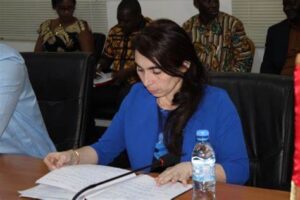
By: Wonder Guchu
An International Monetary Fund (IMF) staff team that has been in Namibia since 20 September 2022 says the Namibian economy has started to recover.
The team led by Giorgia Albertin said on Wednesday that Namibia’s real GDP growth reached 2.7 per cent in 2021 as mining activity rebounded and tertiary sector activities began to recover.
IMF sent the team to conduct the 2022 Article IV Consultation discussions with the Namibian government.
Giorgia said Namibia’s economy rebounded after a sharp contraction due to the COVID-19 pandemic.
She further said the recovery strengthened in the first half of 2022 due to sustained mining growth and stronger manufacturing activity.
“Inflationary pressures have risen as higher international oil and food prices, due to the war in Ukraine, were passed through to the domestic economy. Average headline inflation rose to 5.6 per cent in August, reflecting rising food and transport prices,” Giorgia said.
According to Giorgia, the Real GDP growth is expected at 3 per cent in 2022 and 3.2 per cent in 2023, supported by robust diamond, gold and uranium production and rebounding tourism.
She said average inflation would rise to 6.4 per cent in 2022 and start to moderate in 2023.
“The current account deficit would remain large, financed by FDI inflows in oil and gas and one-off transactions. The fiscal deficit is expected to narrow, supported by strengthened tax revenues and fiscal consolidation measures,” Giorgia said.
She added that spillovers from the war in Ukraine, a global economic slowdown and weaker non-oil commodity prices could further exacerbate inflation, worsen imbalances, and undermine recovery.
“Preserving macroeconomic stability, advancing structural reforms and protecting the most vulnerable is key to fostering private sector-led and inclusive growth and reducing unemployment and inequality.
“Implementing the authorities’ fiscal consolidation strategy is crucial to preserve debt sustainability. Containing the wage bill, advancing the reform of state-owned enterprises, and strengthening tax administration is key. In parallel, it is important to preserve social spending and growth-supporting public investment and mitigate the impact of higher food and fuel prices on the poorest. Strengthening the public financial framework will support the fiscal consolidation,” she also said.
She added that the Central Bank of Namibia has gradually raised its policy rate following tightening the South African Reserve Bank’s (SARB) monetary policy.
“As inflationary pressures rise, maintaining the policy rate broadly aligned with the SARB’s rate and an adequate level of reserves will support the currency peg and anchor inflation. Strengthening the financial sector’s resilience and managing macro-financial risks will support financial stability”.
“Structural reforms to support economic diversification and enhance productivity are progressing. Improving the business climate, fostering access to finance, strengthening governance, and reducing skills mismatches are key to promoting growth,” she also said.


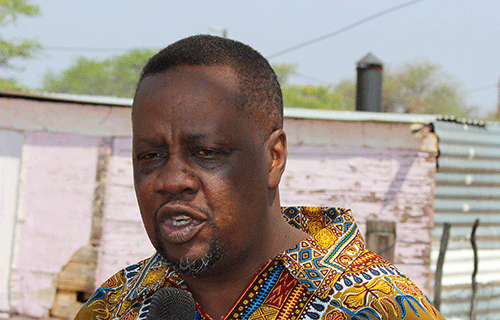


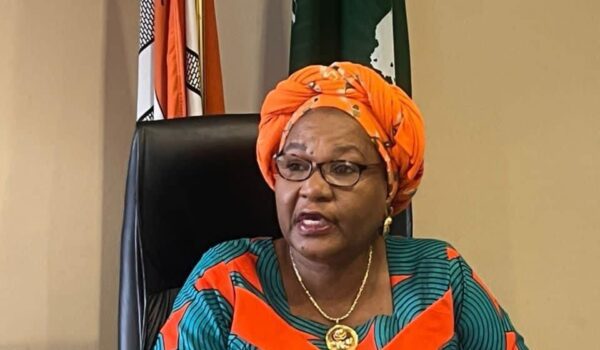
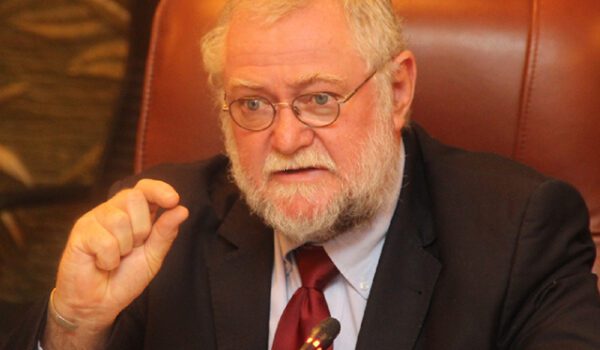
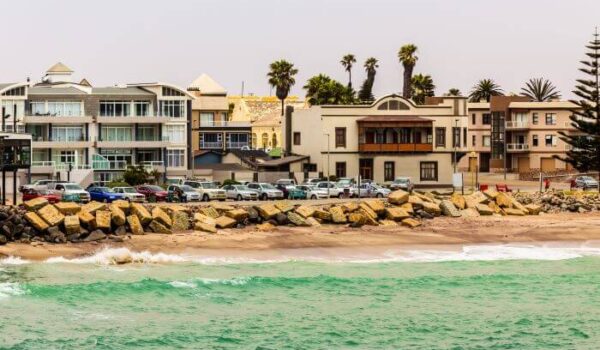
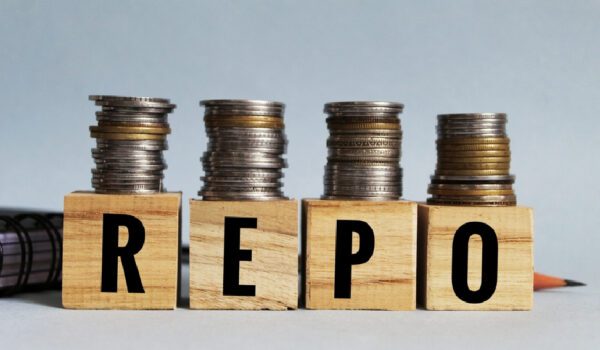
Comments